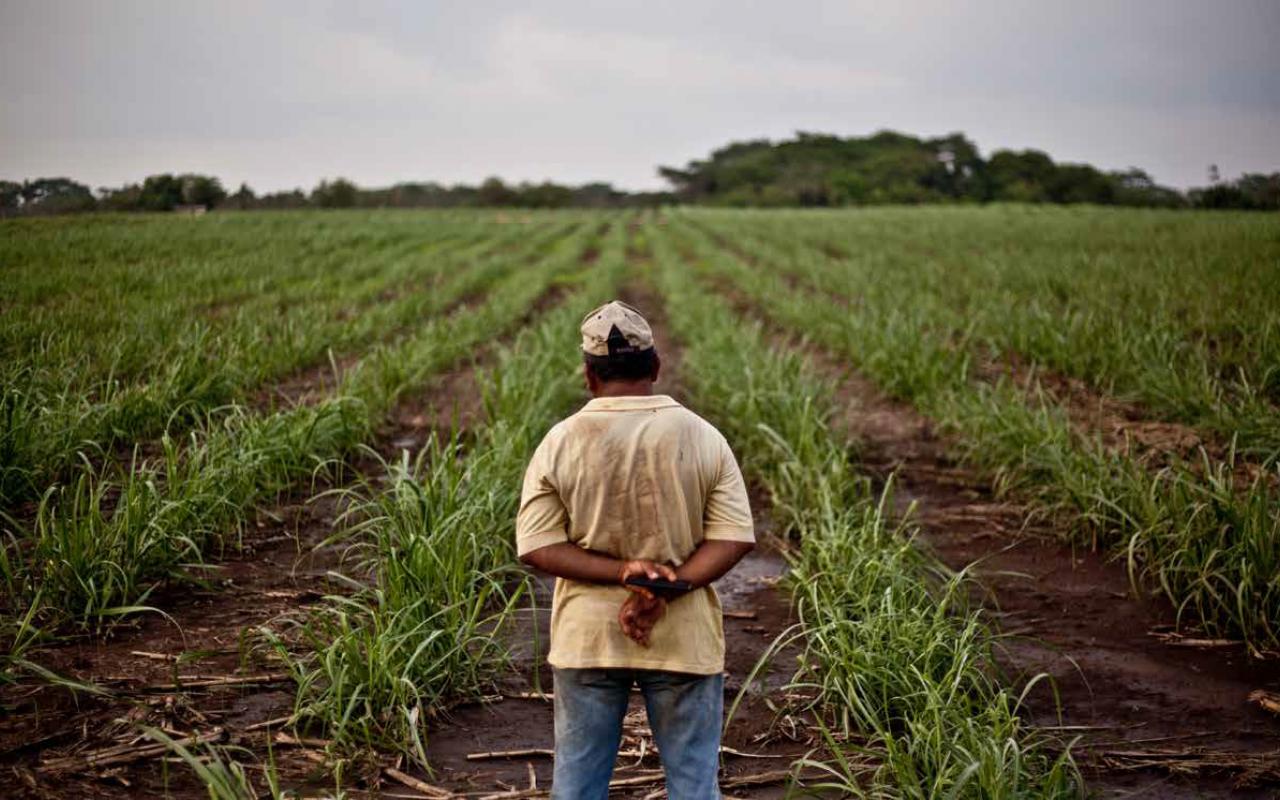For many years Oxfam has joined allies around the world to raise the alarm on how land acquisitions by governments and companies - for the production of commodities including sugar, palm oil, and soy used in consumer food and beverage products - drive communities, women, and smallholder farmers off their land. The result is skyrocketing land inequality and increases in hunger and human rights violations globally. This is true around the world, in Malawi and beyond.
Before 2013, very few companies had land rights on their agendas, despite their connections to land rights violations. But today, The Coca-Cola Company and Illovo Sugar Africa are paying attention to the impact on land rights in their value chains, including in Malawi. They have both participated in Malawi’s Large-Scale Land-Based Investment Platform, chaired by the Malawi Confederation of Chambers of Commerce and Industry and born after a learning event organized by the Interlaken Group. The platform aims to advance more responsible and inclusive investment models, emphasizing the importance of respecting communities’ rights and involvement in private sector investments.
To Traditional Authority Laston Njema of Southern Region of Malawi, Mulanje District-Limbuli, the platform matters: ‘The platform has come at the right time, as it aims to promote democracy and inclusion. Development should be one that reflects the will of the people in a community, which is what this platform is promoting. It is unlike in the past, where developments were imposed on people. The platform needs to be strengthened so that it can continue advocating for participatory processes when developments come to an area.’ The Coca-Cola Company and Illovo Sugar Africa’s continued involvement can help strengthen it.
As for the companies, the platform provides one avenue to put their land rights policies into practice. Both companies – along with PepsiCo, Unilever, and Nestlé – committed to respect land rights across their value chains in 2013 and 2014 following Oxfam’s Behind the Brands Campaign. They pledged to adhere to communities’ free, prior, and informed consent, to respect and strengthen women’s and communities’ land rights, and to engage peers, suppliers, and governments on the topic.
But a commitment is only a first step. The true measures of success are improvements in the lives and wellbeing of people living in poverty and who are vulnerable, and protections for their land, natural resources, and the environment. Oxfam wanted to know: Are the companies implementing their commitments across their value chains, or is the Malawi example an outlier?
To answer this question, Oxfam published a report Shining a Spotlight: A critical assessment of food and beverage companies’ delivery of sustainability commitments. It draws on lessons from Oxfam’s work monitoring and advising companies on implementation of their policy commitments from 2016-2020, external evaluations of companies’ progress, and an update to Oxfam’s agribusiness scorecard.
Our key finding is that while companies have acted at the global level – integrating land rights into supplier codes and governance frameworks - progress stalls in translating those approaches to countries and through supply chains on the ground.
So while we have seen some positive examples and innovations happening in key sourcing countries, the Malawi land platform being one, companies’ progress also falls short of where it could and should be. Oxfam’s report finds that the companies need to do more to:
- Provide incentives and support suppliers to take up the land rights agenda.
- Ensure they have sustainability staff located in their sourcing countries. Illovo Sugar Africa offers an example of emerging good practice here, with “Land Champions” based in their countries of operation, and The Coca-Cola Company deploys human rights leads in various regions.
- Look into how their own management systems incentivize land rights violations and make course corrections. A course correction, for instance, could be incentivizing investment models within their value chains that strengthen rather than violate women’s and communities’ land rights.
And they need to go faster.
What’s exciting, new, and different about the Malawi land platform is that it is locally owned and driven, a place where multinational and national companies can come together with civil society and community leaders to figure out how to ensure local and community land rights are respected and protected. The challenge for food and beverage companies is how to develop locally owned implementation models at scale across global value chains. Key to success will be ensuring that women and communities guide their efforts.

